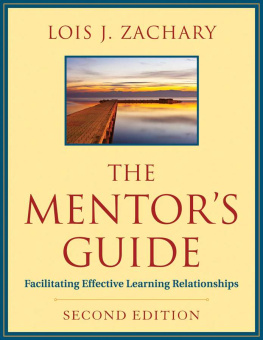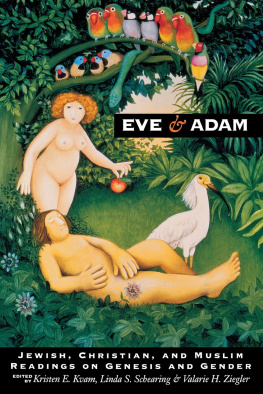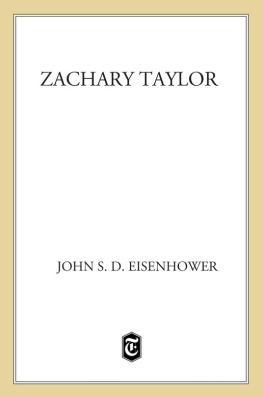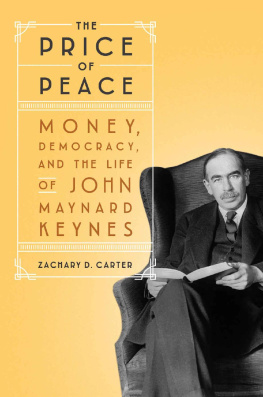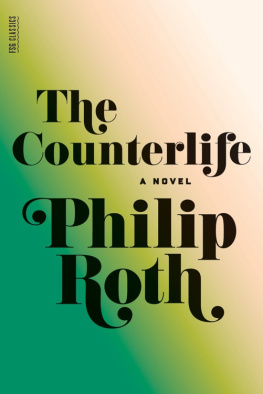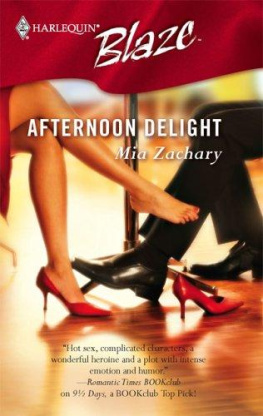Copyright 2019 Fordham University Press
All rights reserved. No part of this publication may be reproduced, stored in a retrieval system, or transmitted in any form or by any meanselectronic, mechanical, photocopy, recording, or any otherexcept for brief quotations in printed reviews, without the prior permission of the publisher.
Fordham University Press has no responsibility for the persistence or accuracy of URLs for external or third-party Internet websites referred to in this publication and does not guarantee that any content on such websites is, or will remain, accurate or appropriate.
Fordham University Press also publishes its books in a variety of electronic formats. Some content that appears in print may not be available in electronic books.
Visit us online at www.fordhampress.com.
Library of Congress Cataloging-in-Publication Data available online at https://catalog.loc.gov.
Printed in the United States of America
21 20 19 5 4 3 2 1
First edition
This book tells the story of a Jewish Studies that hasnt fully happenedor at least, not yet. In its myriad twists and turns, it is a story slanted frankly against the grain, as befits a project that interrogates boundary and frame: Jewish Studies if not as counter-fact, then as counterlife . A charitable colleague once called the books aim messianic; certainly, it aspires beyond the giventoward what novelist Robert Musil liked to call the utopia of essayism. As I finish this book in the spring of 2019, I intend such messianism to sound, or even stand, against the troubled state of our polity, marked as it is by the return of the same hatred of the other human, the same antisemitism (Levinas) to the mainstream of American life.
Since I explain the books title and subtitle in greater depth in the introduction, at this juncture I will merely underscore the figural expressivity they both possess for having been drawn from works of literary fiction, for a new rhetoric for JS (as the academic practice of Jewish Studies will be abbreviated in this book) represents one of its primary aims.
Although my account speaks often and at length to other knowledge practices, it cannot but be informed by my own disciplinary training in literary studies and philosophy. It is infused and energized by the interplay between classical exegetes, Talmudic passages, Jewish intellectual history, modern literary sources, and post-traditional thinkers of a theoretical cast.
How redoubtably Judaic sources like the Rashbam, Shlomo Ibn Gabirol, Leopold Zunz, and Gershom Scholem convincingly share discursive space with Bill Readings, Seamus Heaney, Giorgio Agamben, and Jean-Luc Nancy will be one of the (bilingual) lessons the book is designed to model, as an exercise in theorizing Jewish Studies around the problematics of profession, practice, and institution.
Such-and-such Studies : Many cross-disciplinary programs on the landscape of the humanities, social sciences, and natural studies now anchor themselves in, and through, that remarkably protean formulation. Jewish Studies, one might argue, remains exceptional for reasons internal to its history within the university that only incidentally coincide with certain modes or expression of Jewish exceptionalism. Even its name incorporates a margin of variability.
While usually denominated Jewish Studies, sometimes the semantically nonidentical adjective Judaic doubles for Jewish, seeming to express an exclusive concern with the religion of Judaism (whether the case or not). Sometimes the modifier coordinates with a secondary term, such as and Holocaust, or and Near Eastern, or and Israel. Less commonly, the whole phraseology is refashionedfor example, Program in Jewish Culture and Society or Institute for the Study of Modern Jewish Life.
The story of Jewish Studies, or the story told by Jewish Studies, is a complicated onenot as long (long-standing) as some, but not as short (recently begun) as others. While this books mainspring does not qualify as historicistindeed, the historicism that continues to dominate so much of the scholarship undertaken under the aegis of JS exposes the field to liabilities even as it confers benefitsI do devote substantial space to Jewish Studies as narratable histoire and rcit .
For many practitioners of Jewish Studies, in tandem with the many lay audiences in synagogues or community centers that they often find themselves addressing as scholastic experts on the Jews, Jewish History and the History of Judaism just are Jewish Studies. As project , however, and more than mere amalgam , I conceive of JS otherwise.
Already figured by its title, this books diagnostic and prognostic energies focus on JS as something other than the status quo. Writing about the crisis-state in which the academic humanities are routinely purported to find themselves, cultural historian Louis Menand writes, If one part of the university is continually enacting a crisis of institutional legitimation, it is performing a service for the rest of the university. It is pursuing an ongoing inquiry into the limits of inquiry. Although Jewish Studies doesnt typically see itself as having undergone legitimation crises, this book contends that it might be salutaryfor the field as well as the university at largeif it did.
As the question of legitimation shadows JS from its very startidentified by Gershom Scholem as its chthonian aspect crossed with a restively repressed demonic elementso crisis provides one engine for (self-)critique. At any rate, if Menand valorizes the humanities, for all their vicissitudes and occasional controversy, as a kind of systems check on the entire institutional affair, so I wish to make a similar case for Jewish Studies as an admittedly niche kiosk in the contemporary universitys marketplace of ideas.
In this book, my intention is to address readers who reside both within and outside the boundaries of Jewish Studies as knowledge practice(s) and credentialed sodality. Where one readership concerns itself primarily with documenting Jewish history and the history of Jews and Judaism (even when such discourse is not explicitly historiographic), the other positions JS relative to its own acts of disciplinary adhesion and the claims of field.
To some insiders, a meta-project on JS will just seem beside the pointeven if always historicize (the intentionalist rallying call for disciplinary self-interrogation) can, from another vantage, devolve into the iron grip of genealogy and fatality of guild. To some outside, the plastic and multiple significations of Jewish might, at the same time, suggest possible overreachas if, at the level of its boundaries, JS presumed to be everything and everywhere while still managing to contract into yet another of the contemporary universitys silos.
It is my possibly quixotic hope that both readerships become so interested in the capacity for leverage this book imagines for JS that they become new and engaged interlocutors for reimagined terms of debate. At bottom, the modest version of a swerve that this book proposes is to ask: What do we mean when we say Jewish Studies, when we conjoin its component terms, when a field takes up its past and projects its future? Like the other pointed questions populating the chapters to follow, the following observation by the late Bill Readings about the universitys circuits of communication is meant to sustain its relevance throughout:
What a sender says takes its place amid a crowd of idiolects in the listener, and their conversation acquires its sense in a discursive act of which neither is the master. It is to speak in a way that respects what might be called the abyssal space of reading by the other: the fact that we never know to whom our words may speak.





